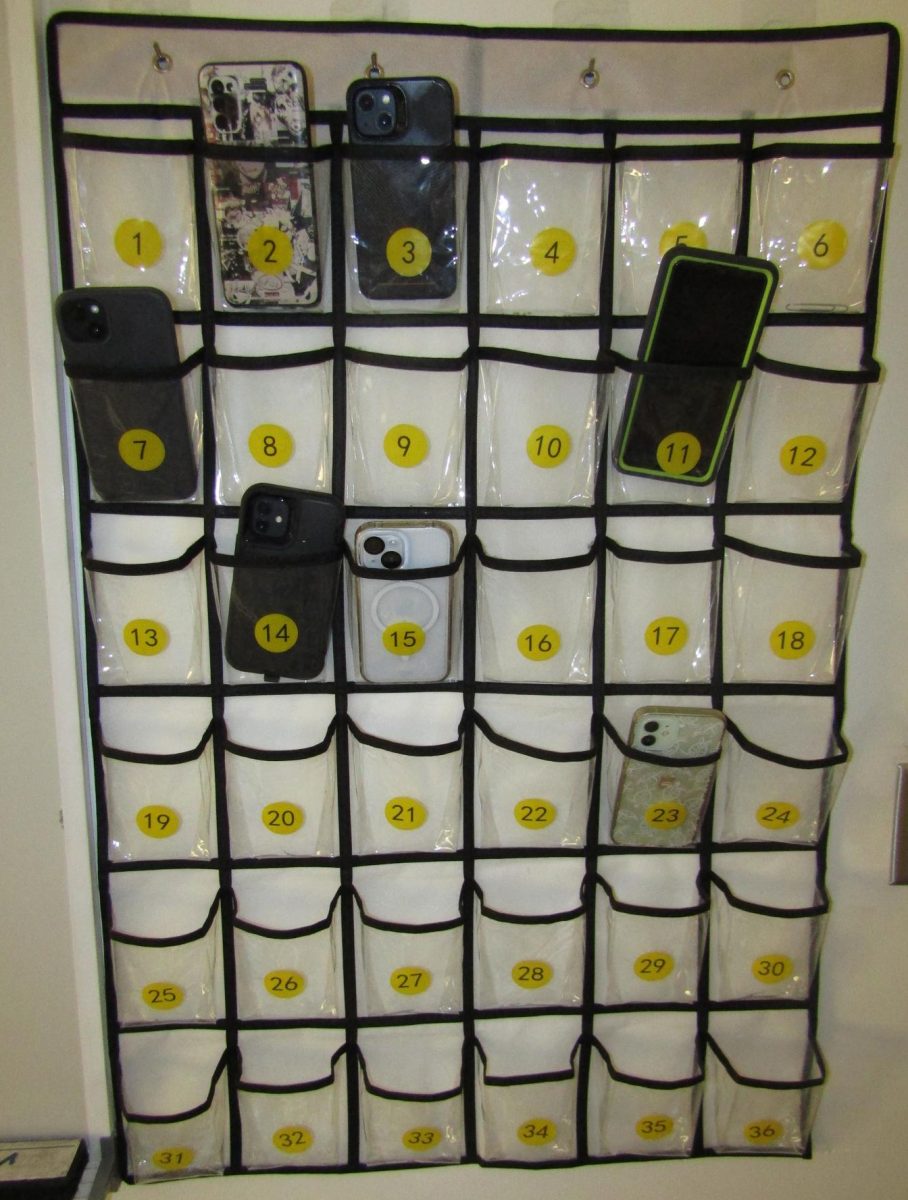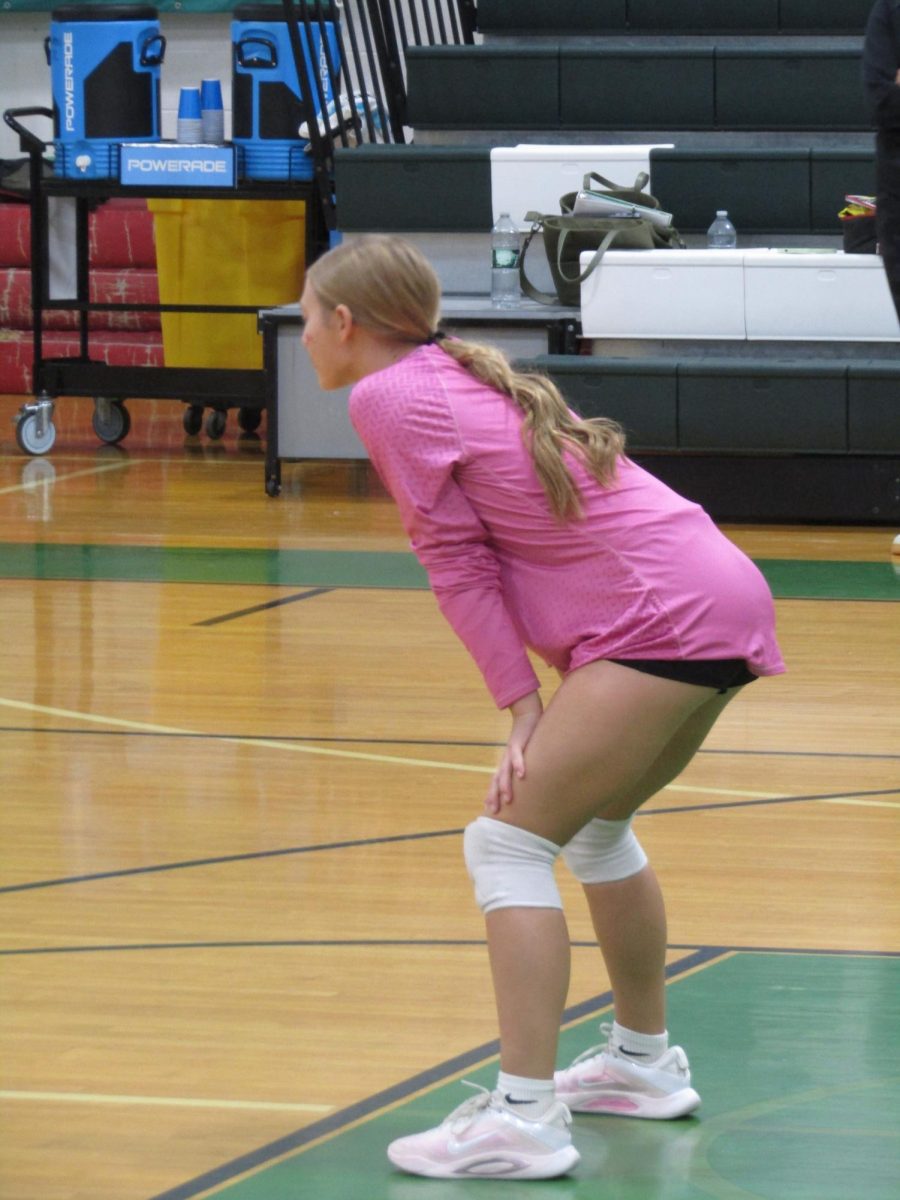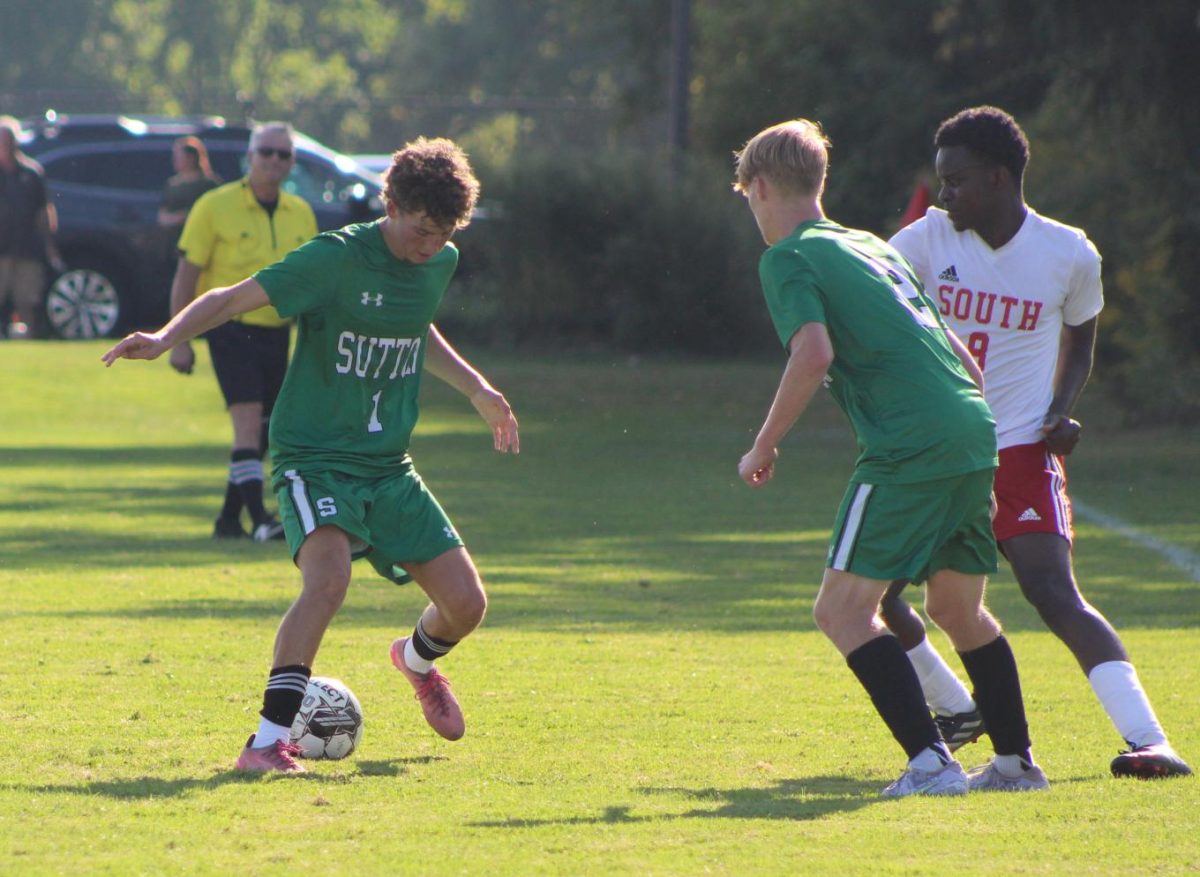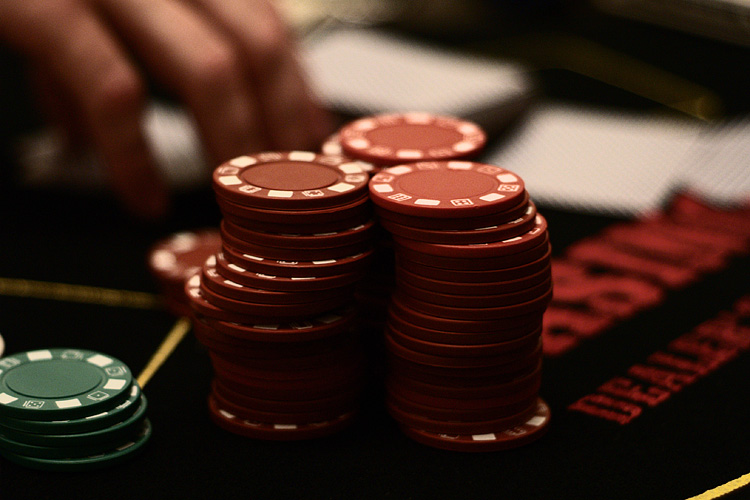Dear America: stop the silent judgment
A true cause of division in our society
December 1, 2023
After careful consideration, and many ideas and topic changes I have finally found a topic that isn’t constantly discussed like many of the topics of my previous articles. I wanted this article to be about a a very relevant and prominent topic that needs to be brought to light.
The problem I am referring to is passive hostility, commonly referred to as passive aggression. People are silently judged and targeted for no apparent reason at all.
Why is this the case? We are naturally judgmental and critical beings and too often engage in passive hostility. Passive hostility refers to indirect hate and the often repeated pattern of judgment.
This pattern is dangerous that inflicts harm and has many untold consequences and effects. When insults are given the mind offers two methods of delivery, the first a direct form of shipping or delivering the insult to the target with a clear and concise nonfiltered path. The second is a slower filtered method of delivery that carefully delivers the insult by subtly dropping it into normal conversation, and people may even drop the insult in a flow of unrelated words in an attempt to mask the insult by damping the blow. Why is this method utilized?
It is almost as if the person who issues it is conscious of the damage it will inflict. Thus, this feeling masks the insult in the shade of an ongoing conversation. It’s subtle, but often repetitive judgment often comes from people in your inner circle which makes it all the more worse.
Siblings, parents, and close friends some days offer back-sided compliments. Researchers found that 7 in 10 people are facing severe passive aggression in their place of work, and 69% of people say this has become an issue. More studies reveal that 76% of entry-level workers reported seeing signs of passive-aggressive behaviors.
There are common examples of passive-aggressive behavior to help identify the behavior. Often sarcasm, for example, mocks someone’s emotions in a particular circumstance that to you could perceive as a joke but consciously it is an attack on the person’s integrity and morals. Another example is subtle digs that include bringing up known uncomfortable topics that affect the person whom they are talking to.
Another massive medium of passive aggression is the use of the silence treatment. This behavior is damaging to a person’s self-esteem, and the victim is often put into a powerful mental grip by the aggressor causing them to in many cases accept the toxic behavior as the truth and not present questions or challenge the person’s viewpoint.
Falling into another person’s mental grip, which is an endgame for most, some people do not realize they are acting this way. I have identified the prime causes of Passive Judgement. I found that these insults are almost always a projection of personal mental dilemmas in the aggressor’s mind that causes them to emulate the way they feel in a masked way self consciously or unconsciously.
My point is that these behaviors need to be dealt with in an approach based not on singling out the person but based on reasonable thought and consideration of the person’s mental health status.
We may feel compelled to respond with aggression to this behavior but this is not a productive way to meet the challenge of passive judgment. We must meet this issue with reason and understanding instead of adding fuel to the fire.
Passive aggression in many cases is at its core a coping mechanism derived from the person’s desire to feel better by projecting their insulting thoughts to another person.
We must remember that there is always a reason for this behavior. People need to be able to listen for the reason without tearing down the person in the process. If we could work together to make everyone feel understood the world would be a much better place to live Ii.
The behavior is not always the person’s fault, sometimes this is conscious behavior and the issuer is sometimes blind to the emulation of the masked insults. This reiterates that we should not signal out a passive-aggressive person but instead work together constructively to find the source of the aggression, and find solutions instead of inflaming the situation even more.
We can be better. If we choose kind, thoughtful words and actions, we will stop tearing others down and start changing the world for better.





































